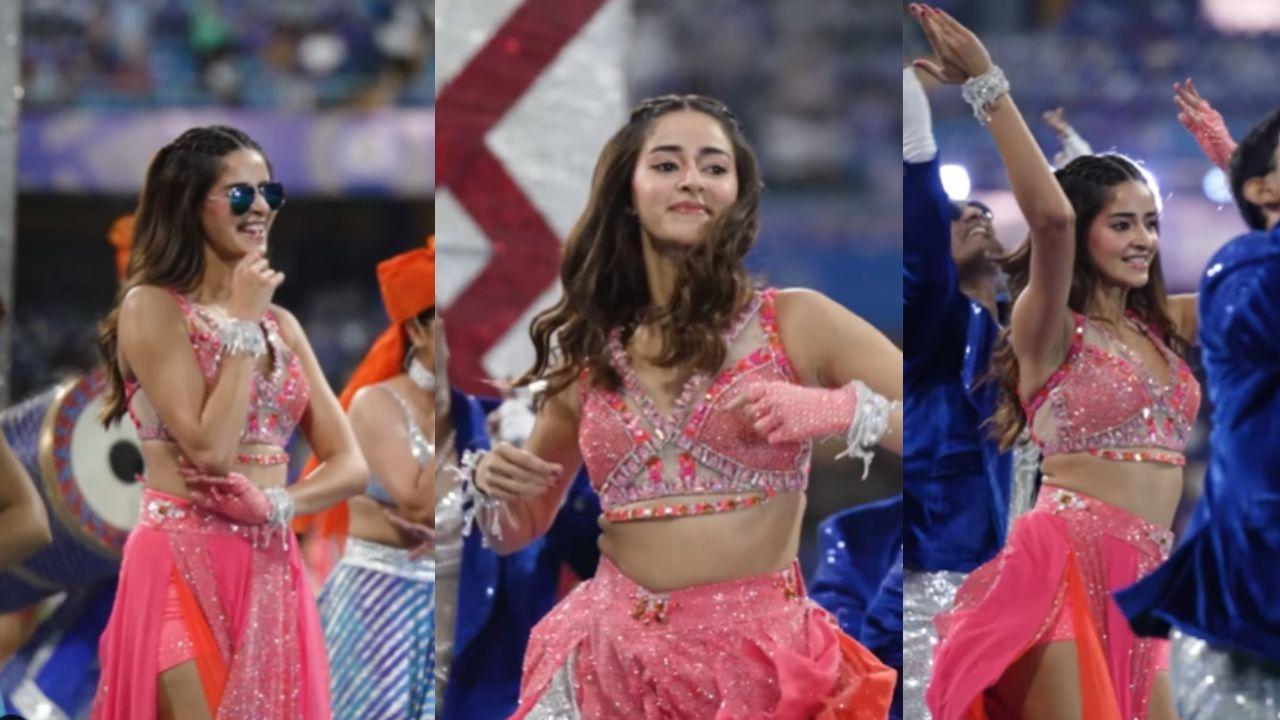
Post by: Vansh Kumar
How Sports Have Transformed Over Time: A Journey of Change
Sports have always been an integral part of human culture. From ancient civilizations to modern-day society, the evolution of sports has shaped not only the way we entertain ourselves but also how we connect with others across cultures. The change in sports from old traditions to modern games reflects a profound shift in how sports are played, consumed, and celebrated.
In this article, we explore the fascinating transformation of sports, from their humble beginnings in traditional cultures to their current globalized, high-tech versions. Whether it's the shift from hand-crafted tools to sophisticated equipment or the evolution of spectator experiences, the world of sports has undergone dramatic changes. Let’s dive into this journey of change, growth, and innovation.
The Origins of Traditional Sports
Long before professional athletes and modern stadiums, sports were deeply embedded in cultures worldwide. Early sports were not just about competition—they were a way of life. These traditional games were often a means of showcasing strength, agility, and endurance. For instance, ancient civilizations such as the Greeks, Egyptians, and Romans had their own forms of sports that often had ties to religious or military practices.
Take the ancient Olympics as an example. The Olympic Games, which originated in Greece in 776 BC, were not just sporting events but a way to honor the gods. Athletes competed in events like running, wrestling, and chariot racing, which were simple but required immense physical prowess.
Similarly, other cultures had their own sports: the Mayans played a game called Ullamaliztli, which involved a rubber ball and was played as a part of ritual ceremonies. In India, traditional sports such as kabaddi and wrestling have long been a part of social gatherings. These early games were not as organized as today's modern sports, but they formed the foundation for the competition and spirit that we see today.
The Industrial Revolution and the Birth of Modern Sports
With the arrival of the Industrial Revolution in the 18th and 19th centuries, there was a massive shift in society. Cities grew, populations increased, and new technologies were born. As a result, there was a major transformation in the way people engaged in sports. In the early days, most people participated in sports informally, but as society became more industrialized, formal competitions began to emerge.
During this period, sports such as football, cricket, and baseball gained popularity, especially in Europe and North America. In the case of football (soccer), rules were standardized, and professional leagues were established, which helped to popularize the sport worldwide. As industrialized nations began to embrace competitive sports, new equipment, better training methods, and improved facilities started to shape the way the games were played.
For example, the introduction of leather footballs and specially designed bats in cricket helped players improve their performance. The change in sports from old traditions to modern games during this era was not just in the structure of the games, but in the growing importance of sports as a form of entertainment for large crowds.
The Globalization of Sports
As the 20th century arrived, sports experienced an unprecedented boom, thanks to advances in telecommunication and mass media. Radio, television, and, later, the internet brought global awareness to sporting events. Today, people around the world tune in to watch sports like football, basketball, tennis, and Olympic games.
One of the most significant changes was the rise of professional sports leagues that became multimillion-dollar industries. The National Football League (NFL) in the United States, the English Premier League (EPL) in football, and Major League Baseball (MLB) have grown into major global brands. These leagues are not just competitions—they are a business that drives economies, generates media coverage, and shapes cultures.
Moreover, technology has had a huge impact on how we watch and participate in sports. HD television, smartphones, and live-streaming services have made it possible for fans to watch games from anywhere in the world, live and in real-time. The digital age has made sports more accessible, engaging, and interactive, with fans being able to follow their teams on social media, engage in virtual competitions, and even play virtual sports through gaming platforms.
Modern Technology in Sports
One of the most significant areas of change in modern sports has been the role of technology. In the past, games were played with basic equipment, but today's athletes rely on advanced gear and performance-enhancing tools. For instance, sports analytics have become a crucial part of team strategies. By using data to assess player performance, teams can make better decisions and improve their chances of winning.
In addition to the use of data and statistics, technologies like wearable fitness trackers, smart clothing, and VR training have revolutionized training methods. These advancements have helped athletes improve their skills, prevent injuries, and optimize their performance.
Moreover, sports medicine has made significant progress in helping athletes recover faster and perform at higher levels. Surgical techniques, physical therapy, and nutrition have all contributed to athletes pushing the boundaries of physical performance.
The Future of Sports
Looking forward, the change in sports from old traditions to modern games shows no signs of slowing down. The future promises even more innovations. For example, virtual reality sports could allow fans to experience live events in immersive environments from their homes. Furthermore, with e-sports rapidly growing, competitive video gaming is set to rival traditional sports in terms of viewership and professional leagues.
Another exciting prospect is the increased focus on sustainability. With the growing concern over climate change, sports organizations are making strides toward reducing their carbon footprint. Green stadiums, eco-friendly transport, and waste management programs are becoming common in major sporting events.
Summary
The change in sports from old traditions to modern games reflects a profound evolution in how sports are played, consumed, and celebrated. Beginning with traditional games that showcased physical prowess in ancient civilizations, sports have transformed dramatically with the onset of the Industrial Revolution, the rise of professional leagues, and the impact of globalization. As technology advanced, sports became more organized, data-driven, and accessible to a global audience through media and live broadcasts. Today, innovations such as smart equipment, wearable devices, and sports analytics have revolutionized both the training and viewing experiences. The future of sports promises even more technological advancements, with virtual reality and e-sports becoming more prevalent, while sustainability remains a key focus in sports organizations worldwide. The journey from ancient games to the modern sports we know today is one of continuous innovation and growth.
Disclaimer
This article is published by DXB News Network for informational purposes only. While we strive to provide accurate and up-to-date information, the details in this article are subject to change based on new developments and official announcements. Readers are encouraged to verify facts from official sources before making any decisions based on this content.
#trending #latest #SportsEvolution #ModernGames #SportsHistory #TraditionalSports #SportsTransformation #GameChange #SportsCulture #FromPastToPresent #SportsDevelopment #GlobalSports #AthleticProgress #SportsInnovation #breakingnews #worldnews #headlines #topstories #globalUpdate #dxbnewsnetwork #dxbnews #dxbdnn #dxbnewsnetworkdnn #bestnewschanneldubai #bestnewschannelUAE #bestnewschannelabudhabi #bestnewschannelajman #bestnewschannelofdubai #popularnewschanneldubai

Despite legal concerns, Trump's order keeps TikTok running, and no one is challenging it. Here’s why....Read More.

Fawad Khan makes his Bollywood comeback in Abir Gulaal with Vaani Kapoor. The romantic drama releases on May 9, 2025. Watch the teaser now...Read More.














UAE Wins 16 Medals at Special Olympics World Winter Games 2025
UAE athletes shine at Special Olympics Winter Games 2025, winning 16 medals. A proud moment for incl

Meta’s AI Research Head Joelle Pineau to Step Down in May
Joelle Pineau, Meta’s VP for AI research, will step down in May after 8 years. She led Meta’s open-s

Real Madrid Edge Real Sociedad in 4-4 Thriller to Reach Final
Real Madrid fought back from 4-2 down to draw 4-4 with Real Sociedad sealing a 5-4 aggregate win. Ru

Nottingham Forest Near Champions League After Elanga’s Goal
Anthony Elanga’s stunning solo goal secured Nottingham Forest’s 1-0 win over Man United, pushing the

Ananya Panday Shines at IPL 2025 with Stunning Dance Performance
Bollywood star Ananya Panday dazzled the crowd at Wankhede Stadium with her energetic dance before M